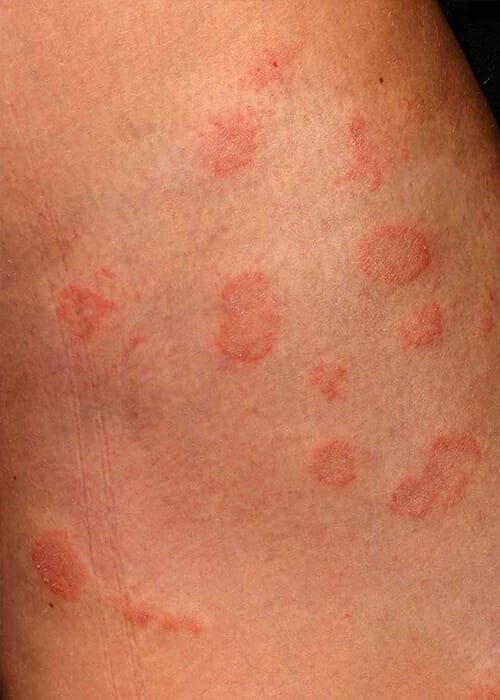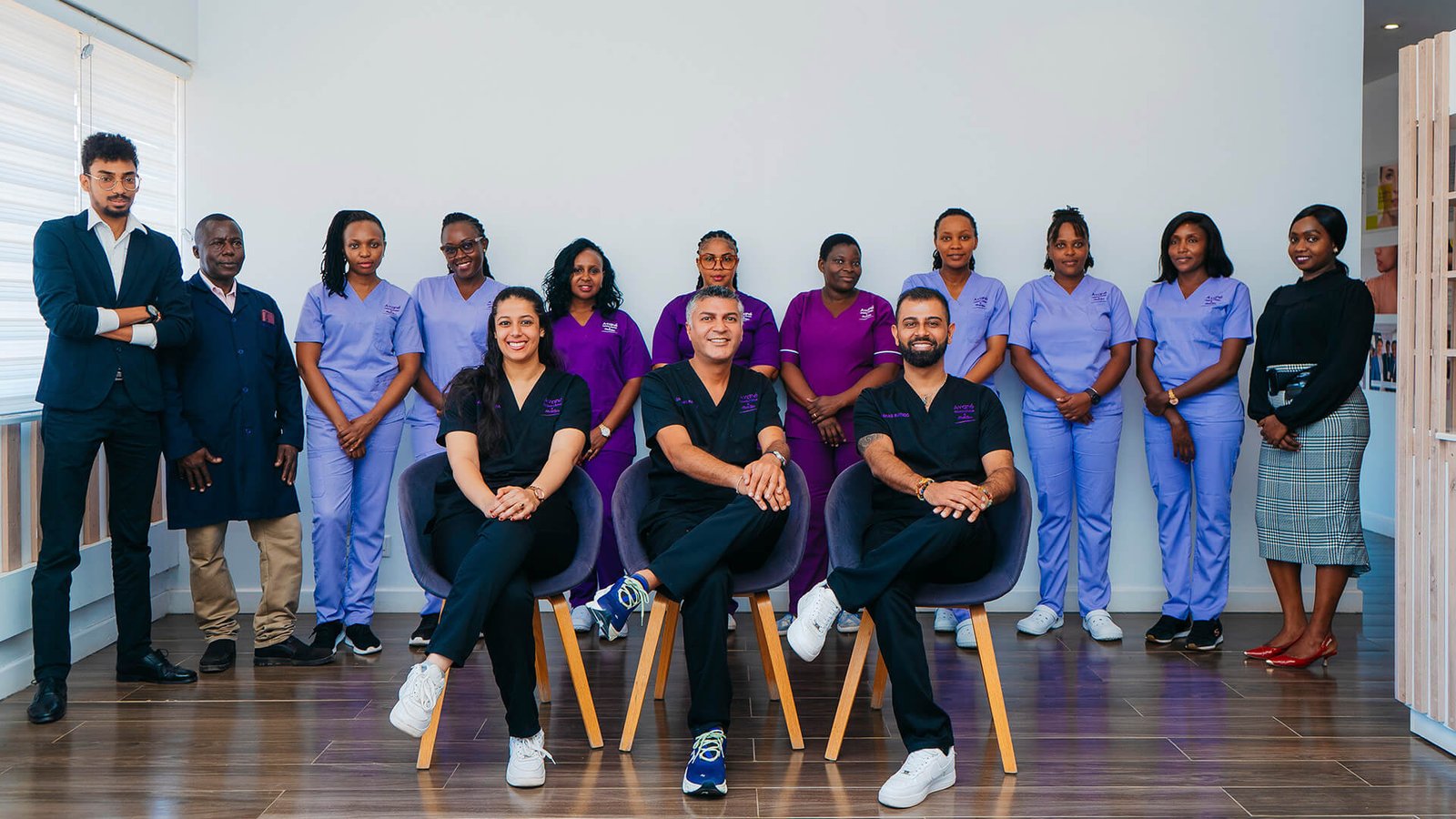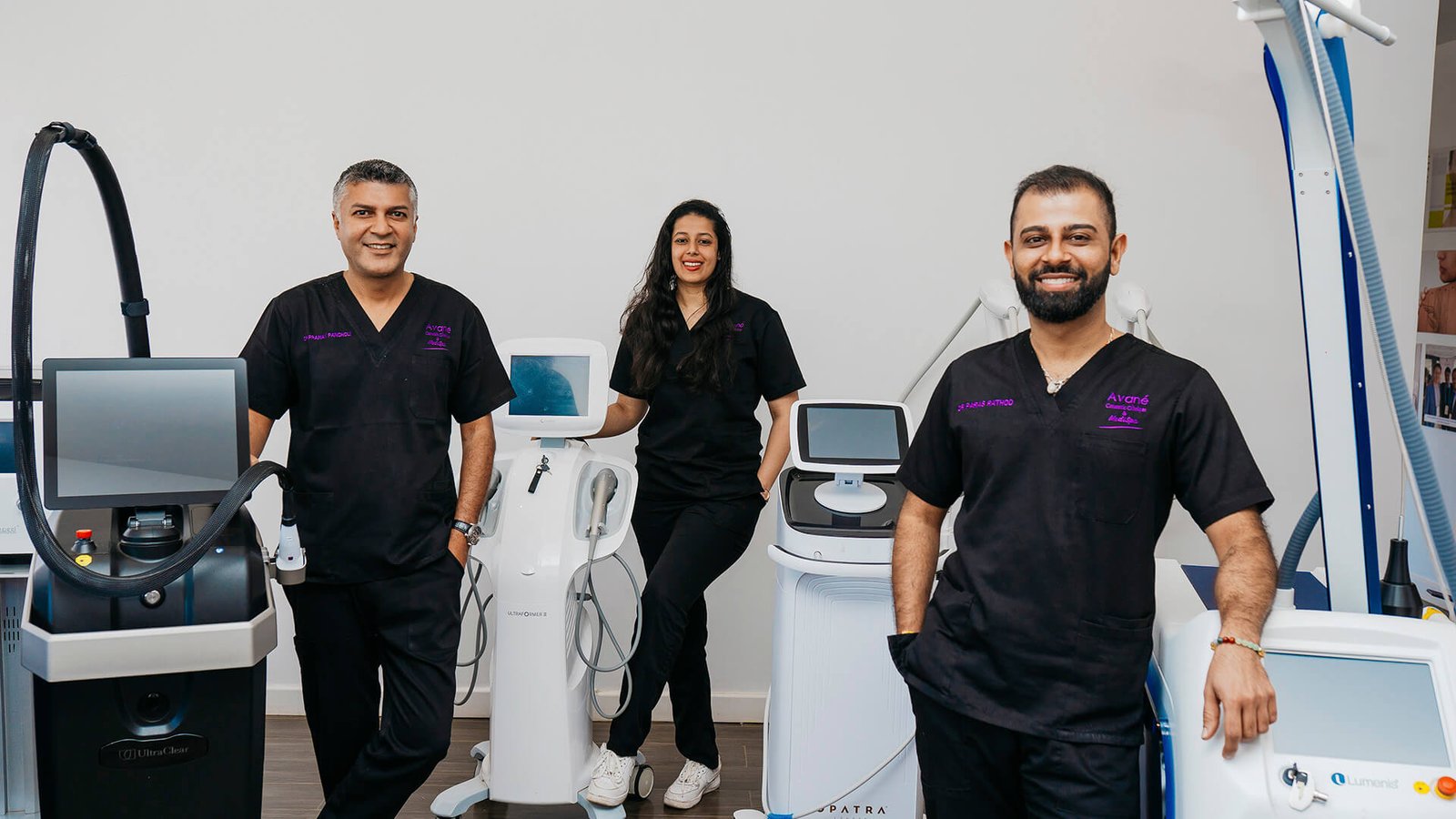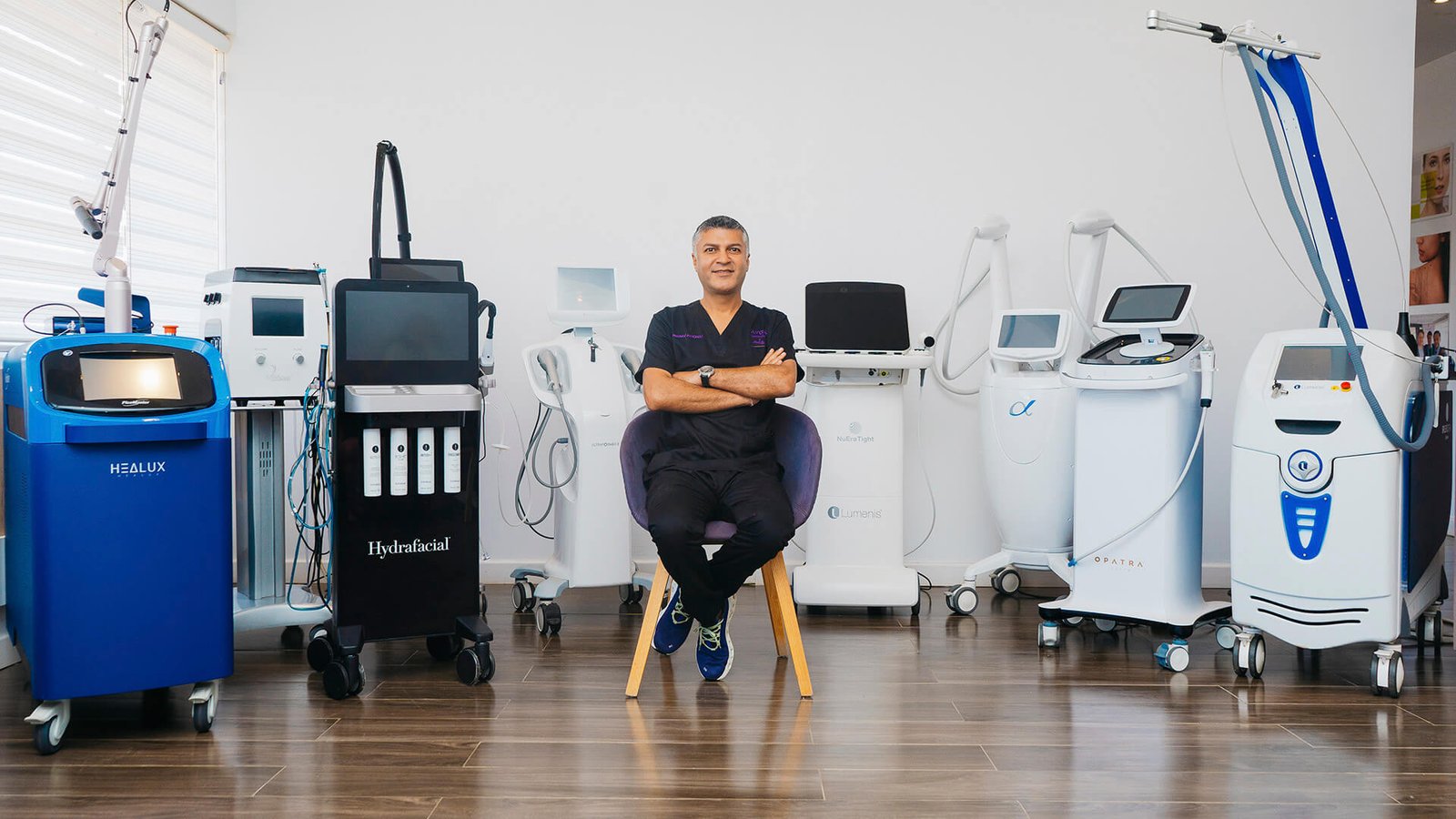Have you noticed rashes, blisters or itchy spots on your body? Have you experienced a burning sensation on your skin, that just gets to your nerves? Do you notice a yellow or whitish patch underneath the nails? Have your nails been brittle and at times tend to crumble? Have you noticed a foul smell, that is alien to you coming from your feet? Are these making you feel less confident about yourself and limit your interactions with other people? Do you live in or near Nairobi, Kenya? If you have answered YES to any of these questions, then chances are high you might be infected with a fungal infection. You need not worry or panic because Avané clinic has some good news for you. Avané clinic brings treatment for body fungal infections treatment near you, through our comprehensive laser treatment for body fungal infections.
Fungi are microscopic organisms that are found in the air, water, soil, plants and some even live in human bodies. There are many types of fungi which include mildew, yeast and molds. A large proportion of fungi are generally harmless, but some are harmful. The harmful fungi may attack an individual and take over the area they attack, which jeopardizes the health of the organism they have attacked. Fungi thrive in warm, moist areas, that don’t get much airflow. In humans, they usually affect sweaty areas such as the groin, thighs, feet, armpits, bottom and folds of the skin. They also affect nails on both hands and feet, although toenails are more susceptible to fungal attacks as compared to fingernails. This is because they get less blood flow, reducing possibility of the body’s immune system to detect the fungal growth. They may get under the nails through cracked or injured nails or soft skin near the nails.
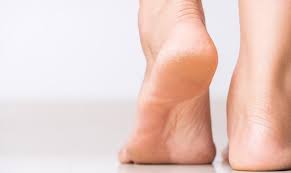
Fungal infections are easily passed from one part of the body to the other. They are also easily transmitted from one person to another through body contact or contact with items used by an infected person. Anyone can get infected with fungal infections but men are more susceptible to infection than women, with the elderly and individuals with poor immune systems being more at risk. The risk factors that increase once possibility of being infected are sharing items with an infected person, wearing closed shoes frequently if your feet are sweaty and poor hygiene.
There are several types of fungal infections on the body, which include nail fungus (onychomycosis), ringworms, athlete’s foot, jock itch (rash on the groin area) and scalp ringworm. There are also other infections such as vaginal yeast infections and oral thrush that affect the mucous membrane of the vagina and mouth. Each of these have their own distinctive symptoms, although there are some common symptoms such as reddish rashes, circular rashes with distinctive lesions and raised edges and scaly patches of skin. For nail fungus, symptoms include brittle nails, nails that crumble especially on the edges and yellow or whitish patches underneath the nails.
Over many years doctors and practitioners have been using antibiotics to treat body fungal infections. They would often give oral tablets for patients to use. However, modern medication has led to advancement and nowadays, creams and ointment, gels and sprays, capsules or liquid medicines or injections are all used as modes of treatment. In instances of vaginal infections, a pessary is used. This is a small soft tablet that one is advised to put inside the vagina. One should however seek proper medical counsel before using any form of medication for a yeast infection on the body.
Antifungal medicine either kills the fungus or inhibits its growth and spread. Some of the most commonly used medication for body fungal infections are econazole, Miconazole, terbinafine (Lamisil), fluconazole (Diflucan), ketoconazole (Daktarin), nystatin (Nystan) and amphotericin.
At our clinic, we start body fungal treatment by recommending consultation with our medics, where the doctors collect information on the patient’s medical history. Patients who have been under certain drugs are advised to carry them along or to inform the doctors on what medication they have been using. The doctors also try to find out the extent and severity of the infection. A physical examination is done on the infected part so as the decipher the exact cause or the type of fungal infection. A small piece of skin is taken from the infected area and observed under a microscope. In same cases, a fungal culture is needed. This may involve picking a small area of skin(biopsy) from the infected area or an aspiration (body fluid). For severe cases, we have to take a blood sample for observation. According to the diagnosis, the doctors then advise the patient on the medicine to use and the opportune combinations to increase their healing.
The benefits of having a body fungal treatment done at Avané include: the procedure has no downtime; hence one can go back to their normal routines fast. It is painless. Medicines are cheaper as compared to other modes of treatment such as surgery. In instances where a certain type or medicinal combination isn’t working for a patient, they can easily change their medication, which helps boost on healing. With Avané clinic, the treatment is done at a client friendly price and under the hands of highly experienced specialist. With Avané clinic, you have an assurance of quality treatment.
Use of medication for fungal treatment however has some side effects. They may cause redness, rashes, burns and abdominal pains. In some rare cases, severe side effects may be experienced, such as eliciting allergic reactions, skin reactions such as skin peeling and they may even cause liver damage.
Some of the medicines used are not recommended for pregnant or lactating women. Our doctors may suggest alternative remedies for their fungal infections. Avané clinic offers the best solution for all your medical and aesthetical needs. Do not let those rashes and infections ruin your day. Visit us today at the Yaya centre, Nairobi and start the journey to reclaim your confidence and happiness that has been snatched by the body fungal infections.
